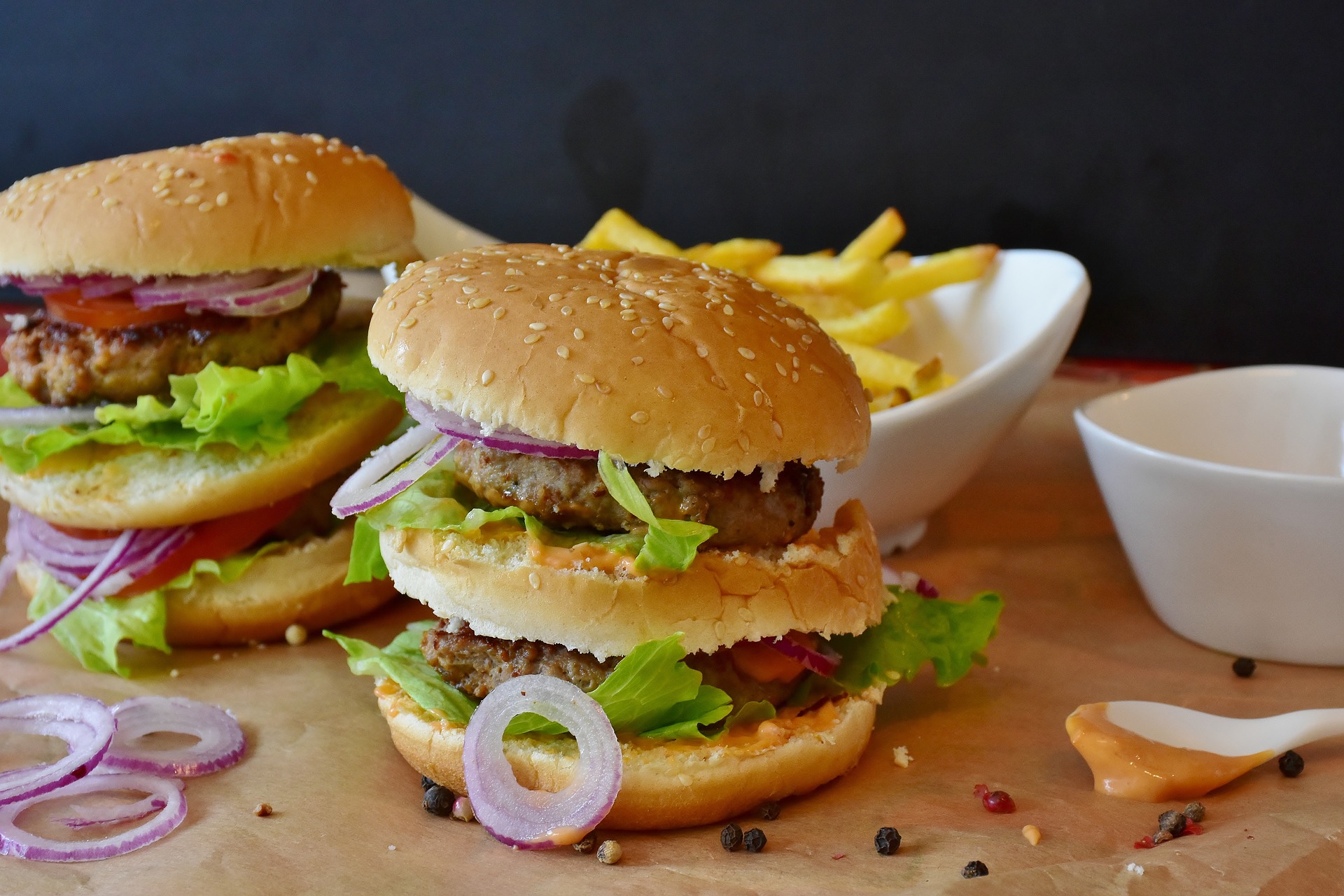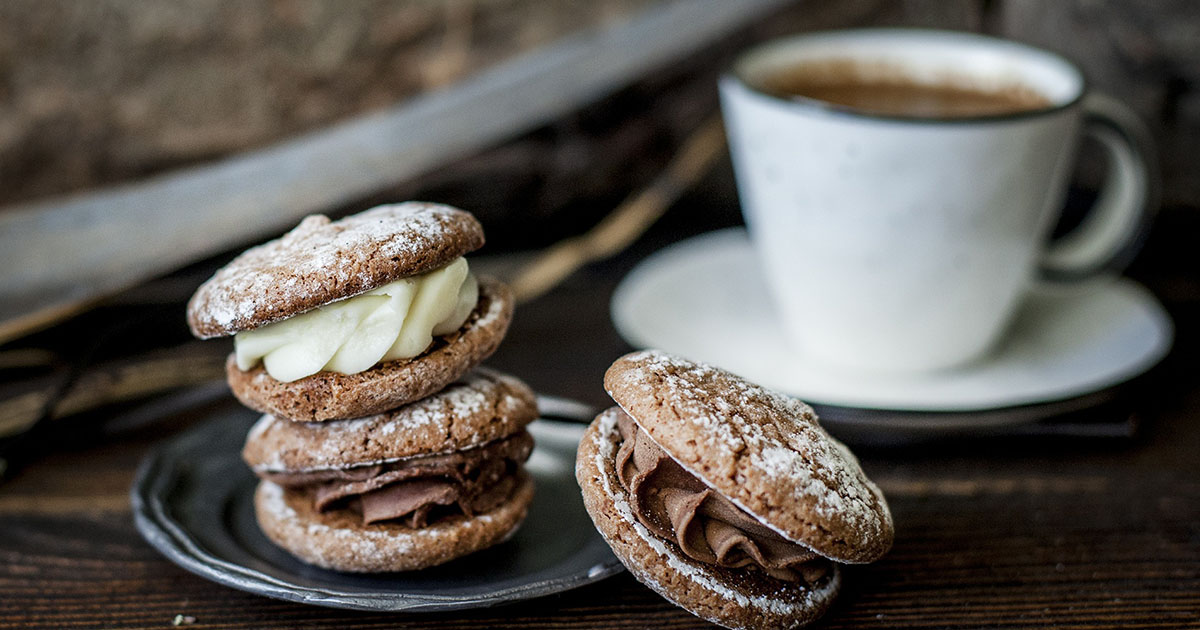Sohour should keep you full (as full as you can be, at least) until the next day. This is not all, though. Sohour also needs to consist of foods that won’t get you thirsty the next day, or make you feel bloated! Here’s a list of foods you should never eat for Sohour.
Fish
People don’t eat fish in Ramadan most of the time anyway, but you shold definitely avoid it when it comes to Sohour. Otherwise you’ll wake up really thirsty the next day. Also, who wants to live with a fishy aftertaste for 10+ hours?
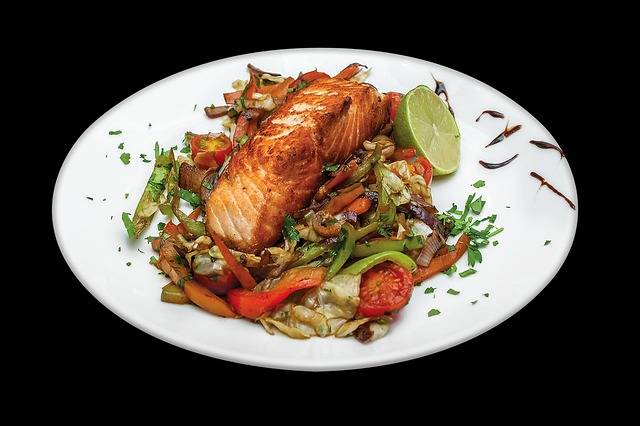
Pickles
Also a thirst culprit. We know it’s tempting especially when you’re having a delicious plate of foul, but you should avoid eating mekhalel at all costs. All the salt will dehydrate you the next day.
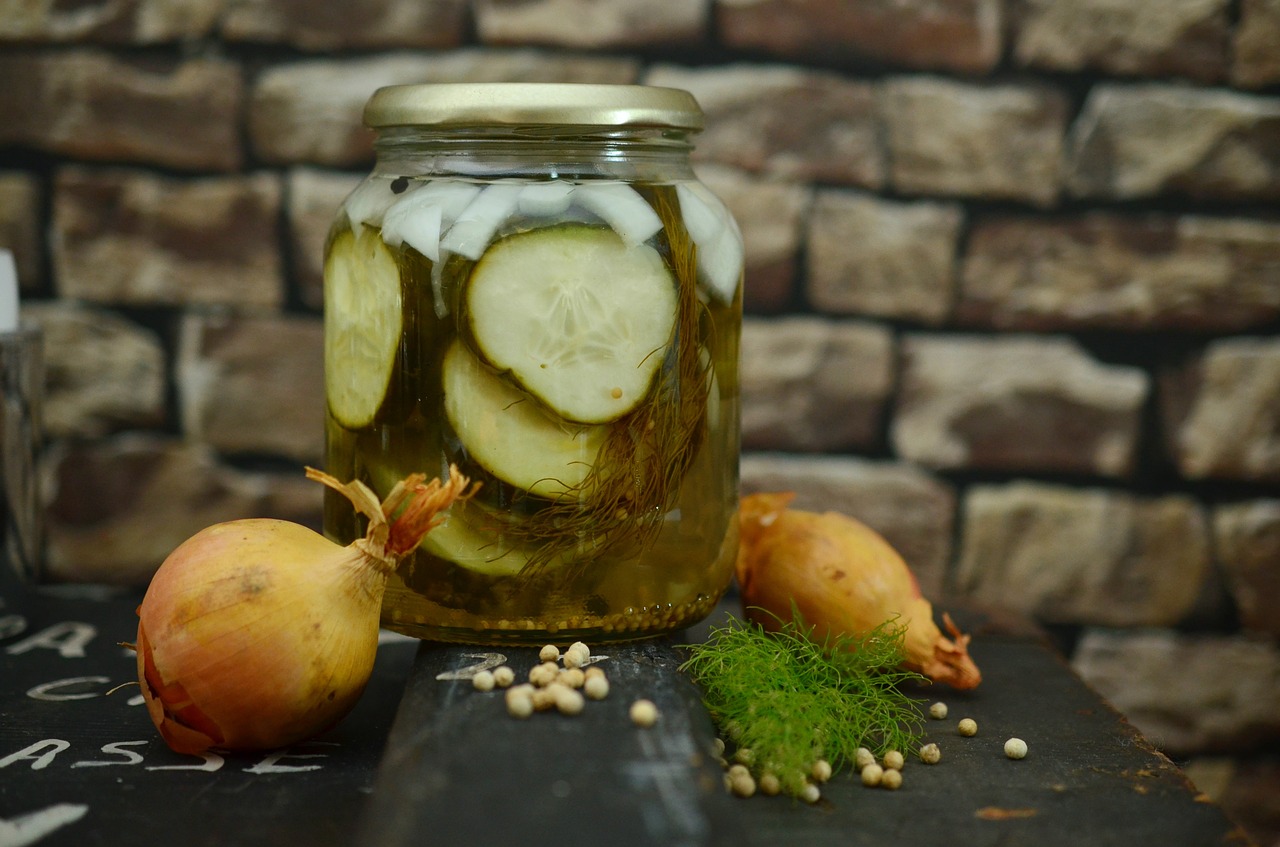
Anything Fried
We know, we know, if it’s deep fried, it’s delicious. You will want to avoid the sambousek, falafel or anything that’s been fried, because it will also dehydrate you. Not only that, but Sohour is a fairly late meal and you don’t want to eat all those calories right before bedtime.
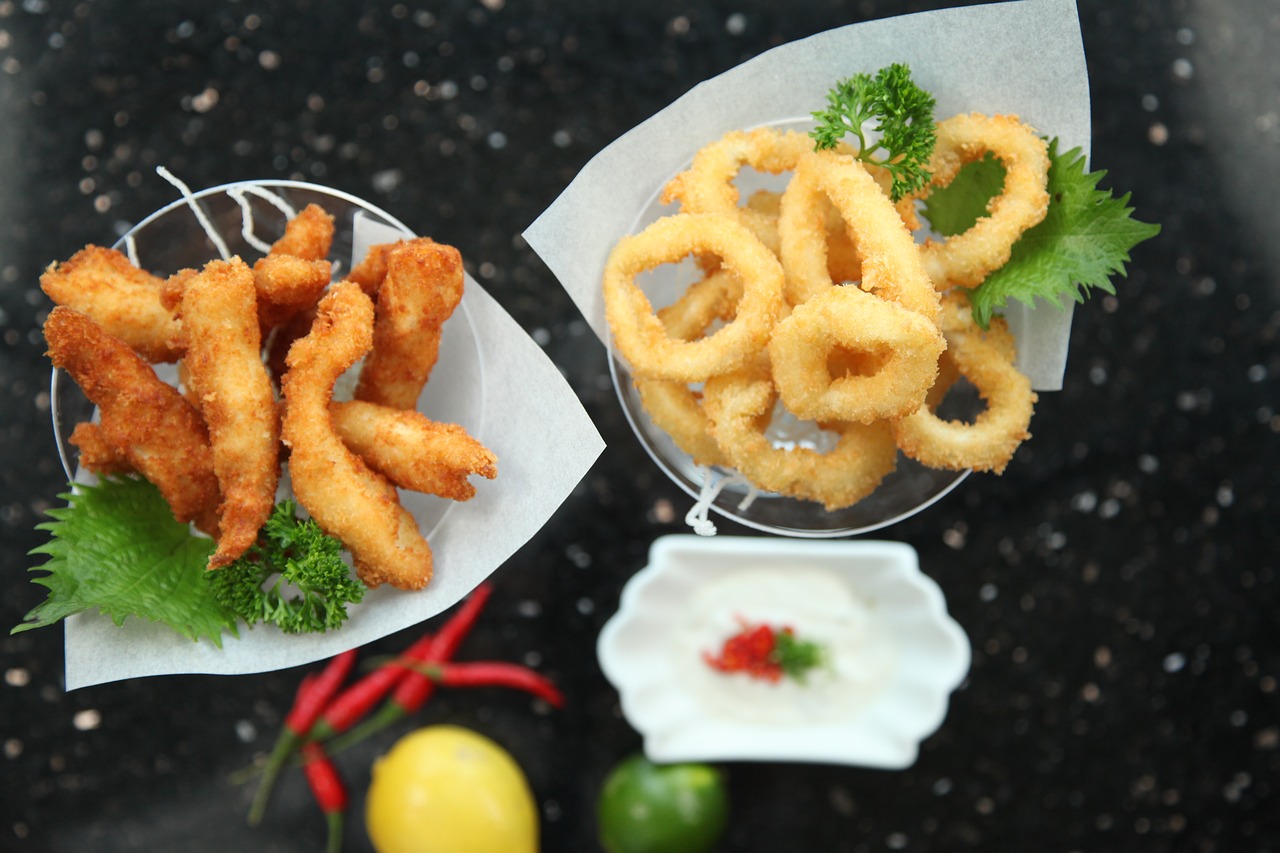
Sweets
If you want to be light on your feet the next day, don’t eat that slice of kunafa at Sohour. Eating sweets before bedtime will slow your digestion and make you feel drained and heavy the next day.
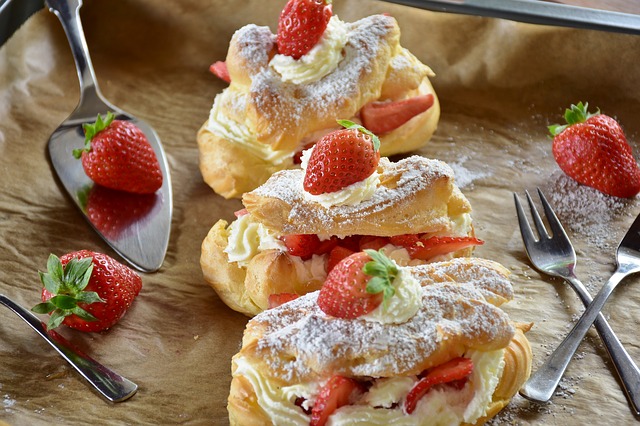
Caffeine and Chocolate
Not only will those two wake you up and make it hard for you to fall asleep right after you consume them, but they’ll also dehydrate you the next day. So if you want to avoid waking up tired and thirsty, stay away from coffee and chocolate.
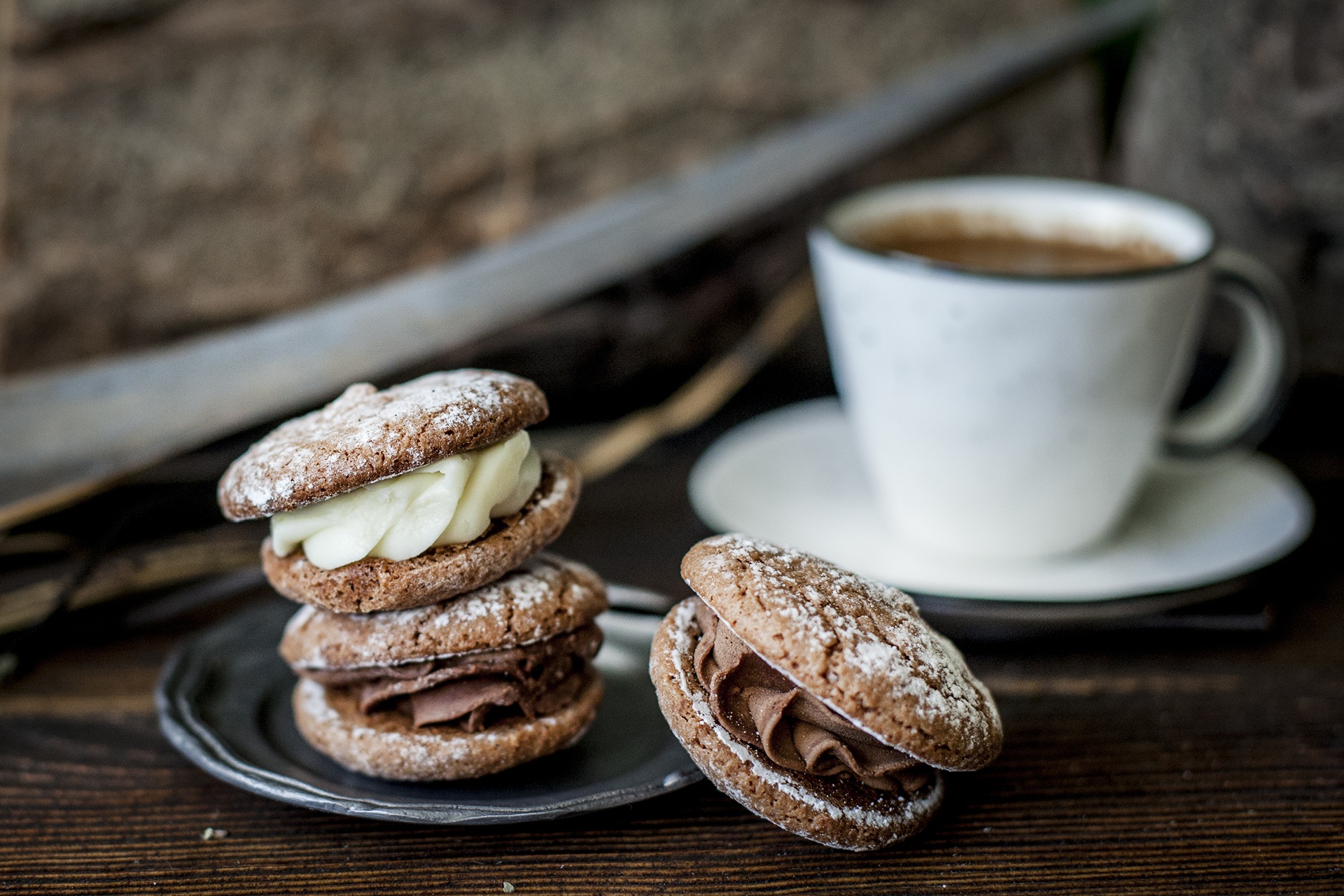
Anything Too Salty or Spicy
Both will dry you up and make you feel thirsty. You want to stay away from Egyptian foods that are too spicy and/or salty like koshary, renga and fiseekh.
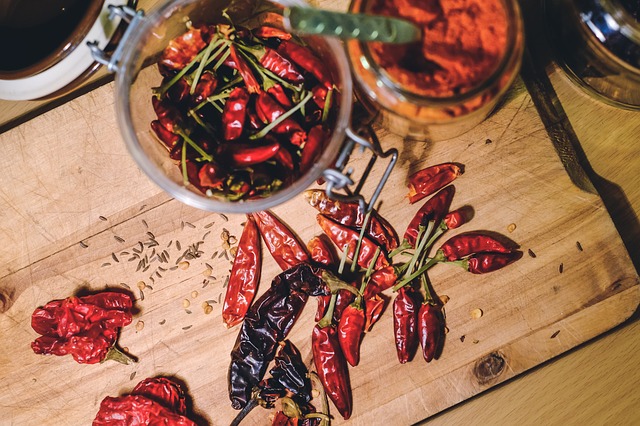
Fast Foods
It’s preferable to stick to foods that will give you a burst of energy the next day and leave you feeling lightweight. Try fresh fruit and vegetables, yogurt or whole grain cereal for a boost of energy and a lightweight feeling all day.
